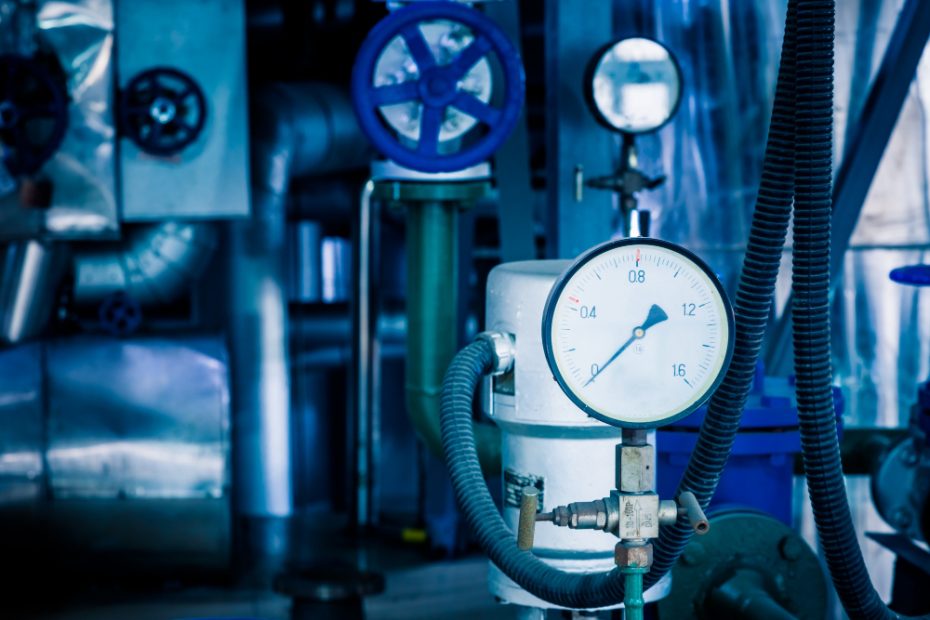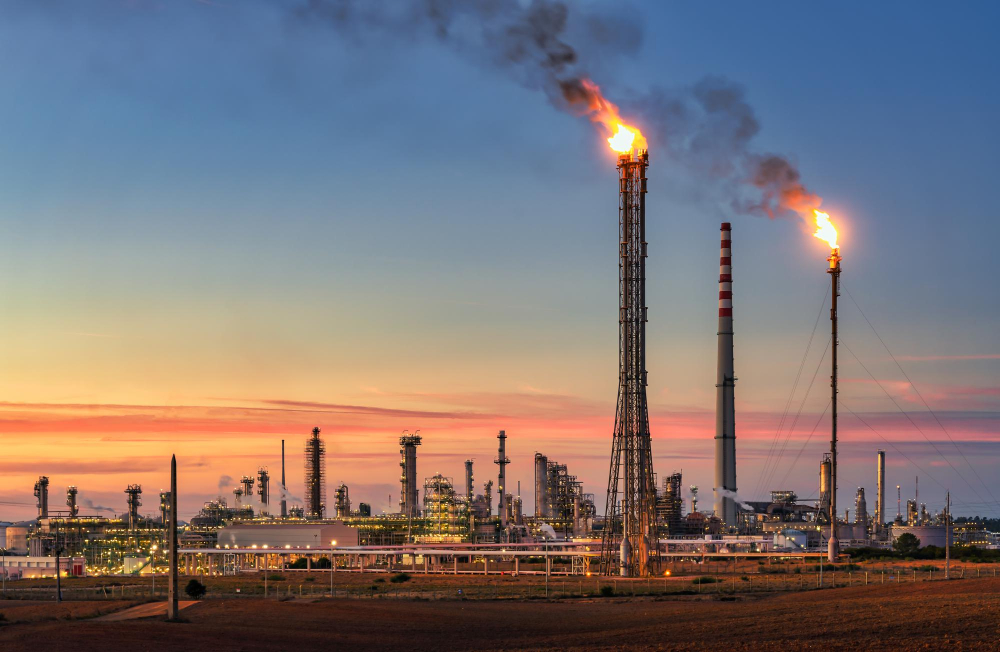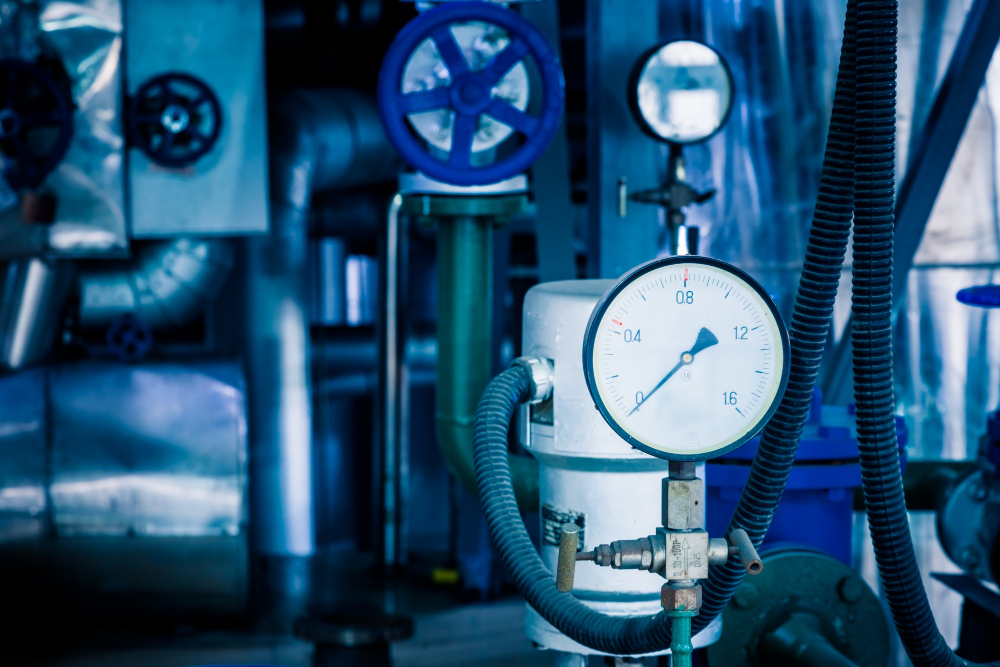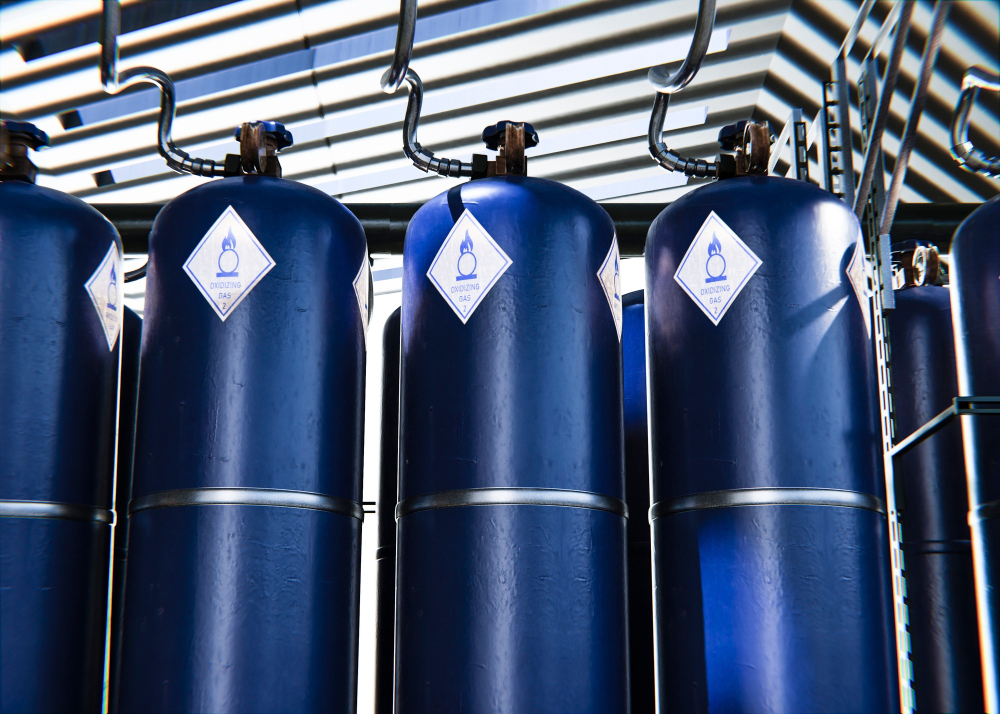Does a natural gas BBQ need a regulator?
If you own a natural gas BBQ or are considering purchasing one, you may be wondering whether it requires a regulator. The short answer is yes, a natural gas BBQ does need a regulator. A regulator is an essential component that ensures the safe and efficient operation of your BBQ grill.
The Importance of a Regulator
A regulator plays a crucial role in controlling the pressure of the gas flowing into your BBQ. It reduces the high pressure of the gas supply to a safe and manageable level before it reaches the burners. Without a regulator, the high gas pressure could lead to an increased risk of accidents, such as leaks or fires.
By using a regulator, you can achieve consistent and controlled heat distribution across the burners, ensuring that your food is cooked evenly. Additionally, a regulator helps extend the lifespan of your BBQ by preventing potential damage that could result from excessive pressure.
Choosing the Right Regulator
When it comes to selecting a regulator for your natural gas BBQ, it’s important to choose one that is specifically designed for use with natural gas. Propane gas regulators are not interchangeable with natural gas regulators, as they operate at different pressures. Using the wrong type of regulator can lead to inefficient performance and, more importantly, safety hazards.
To ensure you choose the correct regulator, consult your BBQ manufacturer’s guidelines or consult a professional gas installer. They can guide you in selecting the appropriate regulator based on the specific requirements and pressure ratings of your natural gas BBQ.
Installation and Maintenance
Installing a regulator for your natural gas BBQ should typically be carried out by a qualified gas engineer or professional installer. They will ensure that the regulator is correctly fitted and properly connected to the gas supply line. It is crucial to follow all safety guidelines and local regulations during installation to prevent any potential hazards.
Regular maintenance of the regulator is also necessary to ensure its continued functionality. Inspect the regulator periodically for any signs of wear and tear, corrosion, or damage. If you notice any issues, have it checked by a professional immediately.
What kind of regulator for natural gas?
Natural gas regulators play a crucial role in maintaining safe and efficient gas flow in domestic and commercial settings. They are essential for regulating and controlling the pressure of natural gas as it moves from high-pressure transmission lines to lower-pressure distribution networks and ultimately into consumer appliances.
The Different Types of Natural Gas Regulators
There are several types of natural gas regulators available, each designed for different applications:
- Pressure Reducing Regulator: This type of regulator is commonly used in residential and small commercial settings. It reduces the high pressure from the gas supply network to a lower, safer pressure suitable for household appliances.
- Industrial Regulator: Industrial regulators are used in larger commercial and industrial applications. They are designed to handle higher gas flow rates and maintain precise pressure control for equipment such as boilers, furnaces, and industrial ovens.
- Line Pressure Regulator: Line pressure regulators are installed in natural gas distribution networks to control the pressure before it reaches individual customer connections. They ensure consistent pressure throughout the distribution system.
Choosing the Right Regulator
When selecting a natural gas regulator, factors such as gas flow rate, inlet pressure, outlet pressure, and regulatory compliance need to be considered. It is important to consult with a qualified professional or gas engineer to ensure the correct regulator is chosen for your specific requirements.
It’s also essential to note that regulators should be regularly inspected, maintained, and replaced according to manufacturer recommendations to ensure optimal performance and safety.
“Natural gas regulators are an integral part of the gas supply chain, providing safe and reliable gas flow to consumers. Choosing the right regulator and properly maintaining it is crucial for efficient gas utilization and ensuring the safety of both individuals and property.”
How to Tell the Difference Between Natural Gas and Propane Regulators
Regulators are an important component of gas systems as they help control the flow of gas from the source to appliances. However, using the wrong type of regulator for your gas supply can be dangerous. In the UK, two common types of gas fuels are natural gas and propane, and it’s crucial to use the appropriate regulator for each. Here’s how you can tell the difference between natural gas and propane regulators.
Different Gas Types
Natural gas is the most common type of gas used in households across the UK, while propane is typically used in more rural areas or where natural gas is not available. The main difference between the two is their composition and pressure levels. Natural gas is lighter than air, so it tends to dissipate quickly if there is a leak, while propane is heavier than air and will sink to the ground, potentially creating a hazardous situation.
Regulator Identification
When it comes to regulators, there are a few key indicators that can help you determine whether you have a regulator suitable for natural gas or propane:
- Color coding: In the UK, natural gas regulators are typically yellow, while propane regulators are red. This visual cue makes it easy to differentiate between the two.
- Pressure rating: Natural gas regulators usually have a pressure rating of around 21 mbar (millibars), while propane regulators have a higher pressure rating of around 37 mbar.
- Markings and labels: Look for any markings or labels on the regulator that indicate the gas type it is designed for. These markings may include “NG” for natural gas or “LPG” for propane.
Seeking Professional Advice
If you are still unsure about the type of regulator you have or need for your gas supply, it is always best to seek professional advice. Gas engineers are trained to handle gas appliances and can help you choose the right regulator that complies with safety regulations.
Remember, using the wrong type of regulator can compromise the efficiency and safety of your gas system. It is crucial to ensure you have the correct regulator for the specific gas type you are using.
By understanding the differences between natural gas and propane regulators and taking the necessary precautions, you can maintain a safe and reliable gas supply in your home.
Conclusion
In summary, natural gas regulators come in different types to suit residential, commercial, and industrial applications. Pressure reducing regulators are commonly used in homes, while industrial regulators cater to larger-scale operations. Line pressure regulators help maintain consistent gas pressure throughout distribution networks. It is important to choose the right regulator based on specific requirements and consult professionals when needed. Regular inspection and maintenance are essential for optimal performance and safety.



